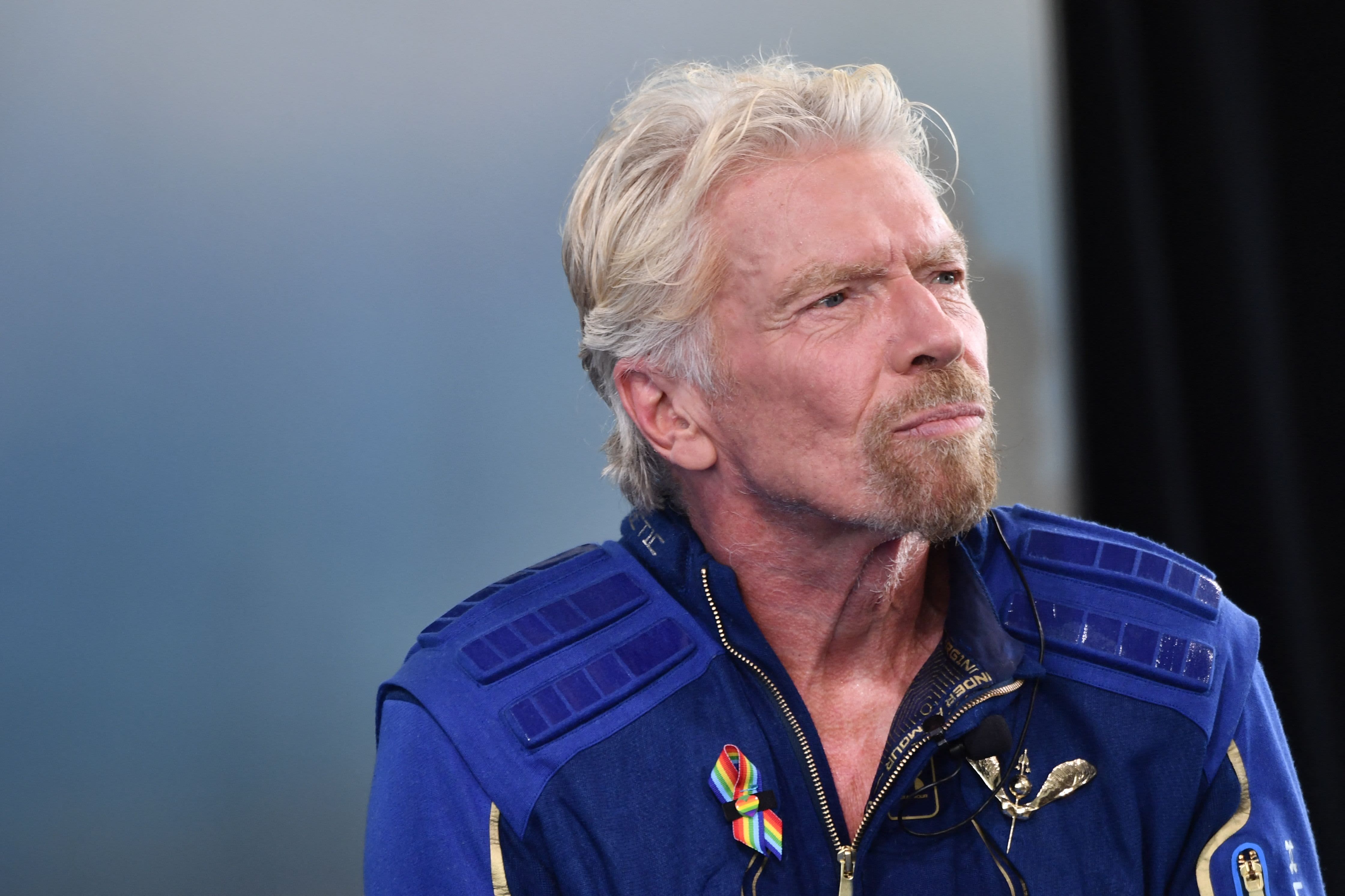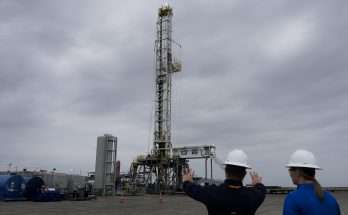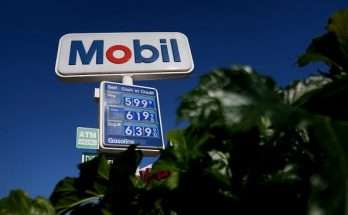
Virgin Group founder Richard Branson on Wednesday called on individuals and governments to cap their driving speeds and turn down their heating in a bid to reduce reliance on Russian energy and bring about an end to the war in Ukraine.
The billionaire entrepreneur told CNBC that small personal sacrifices could reduce demand for Russian power, in turn bringing down prices and easing the cost-of-living crisis.
“It’s really important than we get rid of our dependence on Russian oil, gas and coal, and we must do that immediately,” Branson told CNBC’s Rosanna Lockwood.
“If we can reduce the West’s dependence on fuel, say by just 10%, that will free up something like three billion barrels of fuel. That will be plenty to make sure that countries like Germany do not have to import anymore,” he said, referring to European countries’ reliance on Russian energy.
The price of oil would come down dramatically and we would not have to continue to send checks to Putin.
Richard Branson
founder, Virgin Group
Russia is a major source of energy for consumers globally. The European Union is particularly dependent, importing 45% of its gas from Russia in 2021, according to the International Energy Agency.
However, Russia’s unprovoked invasion of Ukraine earlier this year has drawn that reliance into question. As governments have sought to reduce their dependence on Russian energy imports — which are seen as funding President Vladimir Putin’s war chest — prices have surged higher as global supply struggles to catch up with demand.
Oil prices moved higher early Wednesday, with Brent crude futures trading at around $108.23 per barrel at 2 p.m. London time.
Reduce speeds, turn down heating
Among Branson’s suggestions for reducing individual energy consumption were cutting household central heating and air conditioning usage by 1% and reducing driving speeds by 10%.
Governments could, for instance, drop the national speed limit from 70 [miles per hour] to 60 for the next year “in order to support Ukraine,” he said.
“The demand for fuel is going to come down dramatically and therefore the price of fuel will come down dramatically and therefore the cost of living will come down dramatically,” he said.
Businesses, meanwhile, can find other ways to limit energy use, Branson said.
Airlines like his own Virgin Atlantic — which have been heavily impacted by rising energy costs as they seek to capitalize on a post-pandemic travel resurgence — could cut certain unprofitable routes, for example.
“If you’re an airline, maybe [cutting] a couple of routes that are not making a lot of money,” Branson said.
“[If] you spread it out across all businesses and everybody around the world, the price of oil would come down dramatically and we would not have to continue to send checks to Putin,” he added.
The clean energy revolution is happening, and will happen much more rapidly than if this war didn’t happen.
Richard Branson
founder, Virgin Group
Branson said his proposals represent the views of a group of business leaders, known as the B Team. The non-profit, founded by Branson and Jochen Zeitz in 2012, seeks to achieve “accountability in business,” according to its website, and has members including Marc Benioff and Arianna Huffington.
The comments follow a blogpost published earlier Wednesday, in which Branson admonished Western countries for sending “billions of dollars to Russia for fossil fuels.”
Cleaner energy and lower prices
Some market observers have suggested that a rapid reduction of Russian energy use would result in the further destabilization of already volatile energy prices.
Branson, however, suggested that it would have the opposite effect, shoring up prices while also assisting countries with their transition to cleaner energy sources.
“The clean energy revolution is happening, and will happen much more rapidly than if this war didn’t happen. But, in the meantime, we can benefit from lower oil prices,” he said.
Virgin Atlantic has previously outlined plans to achieve net-zero carbon emissions by 2050. Branson did not give any update to that schedule Wednesday.
Branson has faced backlash in the past over his commitment to tackling climate change by critics who say he is too focused on heavily energy-dependent industries such as space travel.
He has countered that such endeavors create jobs and can “make space accessible at a fraction of the environmental cost that it’s been in the past.”


